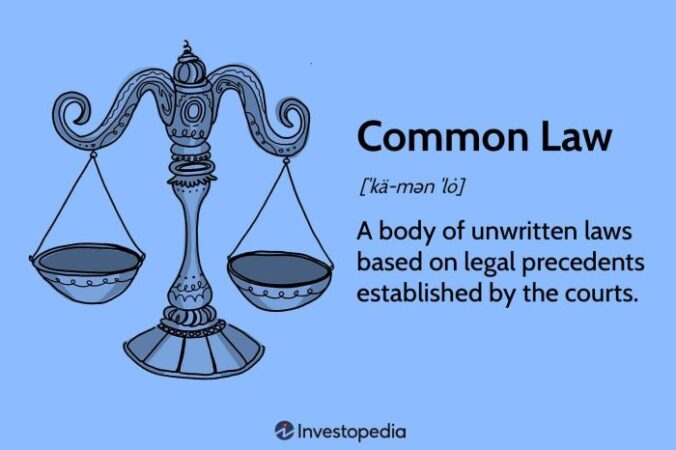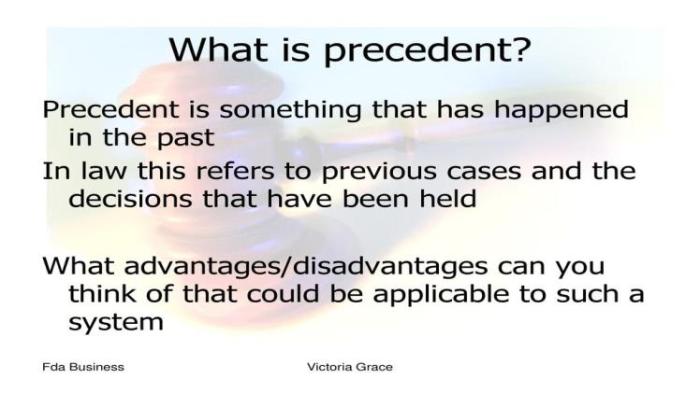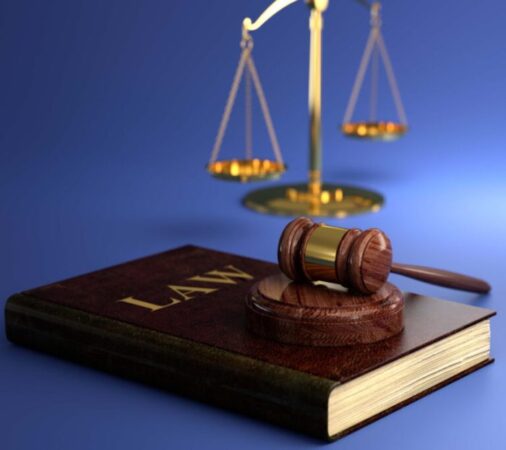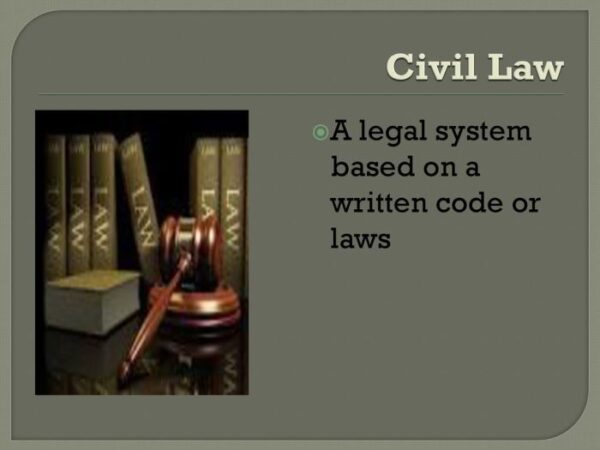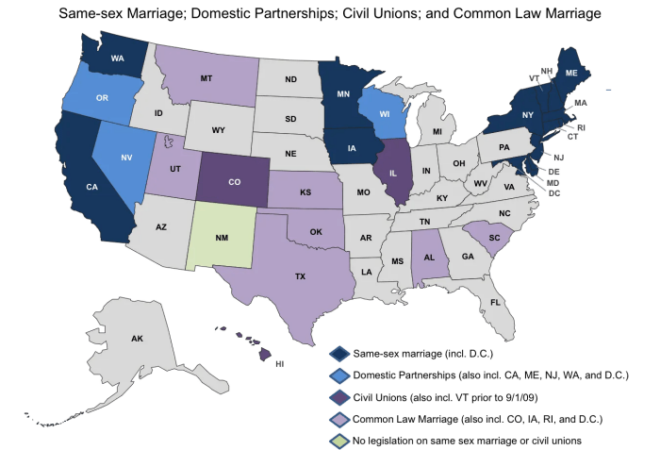
What is double jeopardy in law? This fundamental principle enshrined in the Fifth Amendment of the United States Constitution protects individuals from being tried twice for the same crime. The concept of double jeopardy has a rich history, stemming from ancient legal systems, and its interpretation has evolved over time, shaping the landscape of criminal justice.
Double jeopardy safeguards individuals from the potential for unfair and oppressive prosecution. It ensures that once a person has been acquitted or convicted of a crime, they cannot be subjected to another trial for the same offense. This protection applies even if new evidence emerges or if the prosecution believes they can achieve a different outcome in a second trial. However, there are exceptions to this rule, such as when a mistrial is declared or when the defendant is acquitted of one charge but faces separate charges stemming from the same incident.
The Fifth Amendment and Double Jeopardy
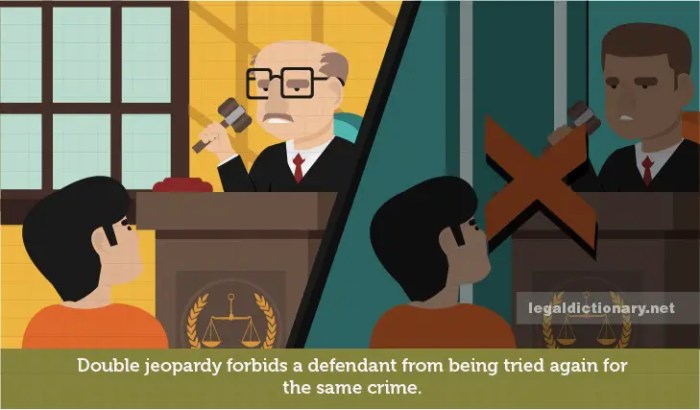
The Fifth Amendment to the United States Constitution is a cornerstone of American jurisprudence, guaranteeing several fundamental rights, including the right to due process of law and the protection against self-incrimination. Among these protections is the Double Jeopardy Clause, which safeguards individuals from being tried twice for the same crime.
The Fifth Amendment’s Double Jeopardy Clause, What is double jeopardy in law
The Double Jeopardy Clause of the Fifth Amendment states: “nor shall any person be subject for the same offence to be twice put in jeopardy of life or limb.” This means that once a person has been acquitted or convicted of a crime, they cannot be tried again for the same offense. The clause is designed to prevent the government from repeatedly trying a person for the same crime in hopes of securing a conviction.
The Historical Context of the Double Jeopardy Clause
The Double Jeopardy Clause has its roots in English common law, which prohibited multiple prosecutions for the same offense. The principle was enshrined in the Fifth Amendment to the United States Constitution, reflecting the Founding Fathers’ belief in the importance of protecting individuals from the oppressive power of the government.
Interpretations of the Double Jeopardy Clause
The Double Jeopardy Clause has been interpreted by the courts in a variety of ways, and its application can be complex. Here are some key interpretations:
Different Legal Theories
The Double Jeopardy Clause has been interpreted in various ways by the courts, resulting in a body of case law that shapes its application. Here are some key interpretations:
- Same Offense: The courts have held that the Double Jeopardy Clause applies only to the same offense. This means that a person can be tried for different offenses arising from the same set of facts. For example, a person could be tried for both robbery and assault if both crimes were committed during the same incident. However, they could not be tried twice for robbery for the same incident.
- Different Sovereigns: The Double Jeopardy Clause does not prevent different sovereign entities from prosecuting the same offense. This means that a person can be tried in both federal and state courts for the same crime. For example, a person could be tried in state court for robbery and then in federal court for violating a federal law related to the robbery, such as the Hobbs Act.
- Acquittal: If a person is acquitted of a crime, they cannot be tried again for that same crime. This is because the acquittal is a determination that the government failed to prove the defendant’s guilt beyond a reasonable doubt.
- Conviction: If a person is convicted of a crime, they cannot be tried again for that same crime. This is because the conviction is a determination that the defendant is guilty of the crime.
- Hung Jury: If a jury cannot reach a verdict, the trial ends in a mistrial. The Double Jeopardy Clause does not prevent the government from retrying the defendant in this situation. This is because the mistrial was not a determination of guilt or innocence.
Examples of Double Jeopardy Clause Interpretations
The Double Jeopardy Clause has been applied in a wide range of cases. Here are some examples:
- Blockburger v. United States (1932): In this case, the Supreme Court established the “Blockburger Test” for determining whether two offenses are the same for purposes of the Double Jeopardy Clause. The test states that two offenses are the same if each offense requires proof of an element that the other does not. This test is still used by courts today to determine whether a second prosecution violates the Double Jeopardy Clause.
- United States v. Dixon (1993): In this case, the Supreme Court held that the Double Jeopardy Clause does not prevent the government from retrying a defendant after a mistrial declared due to a hung jury. The Court reasoned that a hung jury does not constitute an acquittal, and the government is entitled to a fair opportunity to prove its case.
- Grady v. Corbin (1990): In this case, the Supreme Court held that the Double Jeopardy Clause prohibits a second prosecution if the second offense requires proof of the same facts as the first offense, even if the offenses are technically different. This case expanded the scope of the Double Jeopardy Clause beyond the traditional “same offense” requirement.
Key Concepts in Double Jeopardy
Understanding the concept of “jeopardy” is crucial to grasping the nuances of double jeopardy. This section will delve into key concepts that define and clarify this legal principle.
Defining “Jeopardy”
“Jeopardy” in legal proceedings refers to the point at which a criminal defendant is formally put at risk of conviction. This occurs when the trial commences, specifically when the jury is sworn in or, in a bench trial, when the judge begins hearing evidence. Once jeopardy attaches, the defendant is protected from being tried again for the same offense.
Mistrial vs. Hung Jury
Mistrials and hung juries are distinct events that can impact the application of double jeopardy.
- A mistrial occurs when a trial is terminated before a verdict is reached due to a procedural error, prejudicial conduct, or other unforeseen circumstances. In such cases, double jeopardy does not generally bar a retrial. The rationale is that a mistrial is not a valid final judgment and the defendant has not been subjected to the full process of a trial.
- A hung jury, on the other hand, occurs when the jury cannot reach a unanimous verdict. In this situation, double jeopardy generally prevents a retrial. This is because the defendant has already faced the risk of conviction and a hung jury is considered a valid outcome of the trial process.
The Concept of “Same Offense”
The “same offense” element of double jeopardy is crucial in determining whether a subsequent prosecution is permissible. The concept of “same offense” is not limited to the same crime but also encompasses offenses that share the same elements or are part of a single criminal transaction.
The Blockburger Test is a legal standard used to determine if two offenses are the same for double jeopardy purposes. This test states that two offenses are the same if each offense requires proof of a fact that the other does not.
For example, a defendant cannot be tried twice for the same robbery, even if the robbery involved different charges such as theft and assault. This is because the offenses share the same elements and are part of the same criminal transaction. However, a defendant could be tried for robbery and then separately for a subsequent act of violence against the same victim, as these are distinct offenses.
Double Jeopardy and the Right to a Fair Trial

The Double Jeopardy Clause of the Fifth Amendment is inextricably linked to the fundamental right to a fair trial, as it safeguards individuals from the undue burden and potential injustice of multiple prosecutions for the same offense. This clause serves as a cornerstone of the American legal system, ensuring that the government cannot repeatedly subject a person to the rigors of a criminal trial for the same alleged crime.
Protecting Individuals from Multiple Prosecutions
The Double Jeopardy Clause’s core function is to protect individuals from being subjected to multiple prosecutions for the same offense. This protection extends beyond just preventing multiple trials for the same offense; it also encompasses shielding individuals from multiple punishments for the same crime. This principle is embodied in the landmark case of Benton v. Maryland, where the Supreme Court ruled that the Double Jeopardy Clause applies to state criminal prosecutions as well.
- Multiple Trials: The Double Jeopardy Clause prohibits the government from retrying a defendant after they have been acquitted or convicted of the same crime. This prevents the government from pursuing a case until it obtains a favorable verdict, potentially subjecting the defendant to undue stress and financial hardship.
- Multiple Punishments: The clause also prohibits the government from imposing multiple punishments for the same offense. This ensures that the punishment imposed is proportionate to the crime committed and prevents the government from imposing excessive or vindictive penalties.
Potential for Double Jeopardy to Undermine Fairness
While the Double Jeopardy Clause is intended to protect the fairness of legal proceedings, there are scenarios where it can potentially undermine fairness.
- Mistrial: If a mistrial is declared due to a procedural error or jury deadlock, the Double Jeopardy Clause does not necessarily bar a retrial. However, the government must demonstrate that the mistrial was a genuine necessity and not a strategic maneuver to obtain a more favorable outcome.
- Separate Offenses: The Double Jeopardy Clause does not protect individuals from prosecution for separate offenses arising from the same incident. For instance, a person could be charged with both robbery and assault for the same act, even though both offenses stem from the same event.
- Different Jurisdictions: The Double Jeopardy Clause does not apply to prosecutions in different jurisdictions. Therefore, a person could be prosecuted in both state and federal court for the same offense if the crime violated both state and federal law.
Summary

Double jeopardy is a cornerstone of the American legal system, ensuring fairness and preventing the government from relentlessly pursuing individuals for the same crime. While exceptions exist, the principle of double jeopardy stands as a testament to the importance of protecting individuals from the potential for multiple prosecutions and the inherent injustice they could pose.
Commonly Asked Questions: What Is Double Jeopardy In Law
What happens if a jury is unable to reach a verdict (hung jury)?
In the case of a hung jury, double jeopardy does not apply, and the prosecution can retry the defendant. This is because the original trial did not result in a verdict, either guilty or not guilty.
Can a person be tried for the same crime in both state and federal court?
Yes, double jeopardy does not prevent separate trials for the same crime in different jurisdictions. This is because state and federal courts are considered separate entities, and each has its own set of laws and procedures.
Does double jeopardy apply to civil cases?
Generally, the double jeopardy clause does not apply to civil cases. Civil cases involve disputes between individuals or entities, not criminal offenses against the state. However, there may be situations where the principles of double jeopardy could be considered in civil cases, such as when the same issue is being litigated in both a criminal and civil proceeding.

